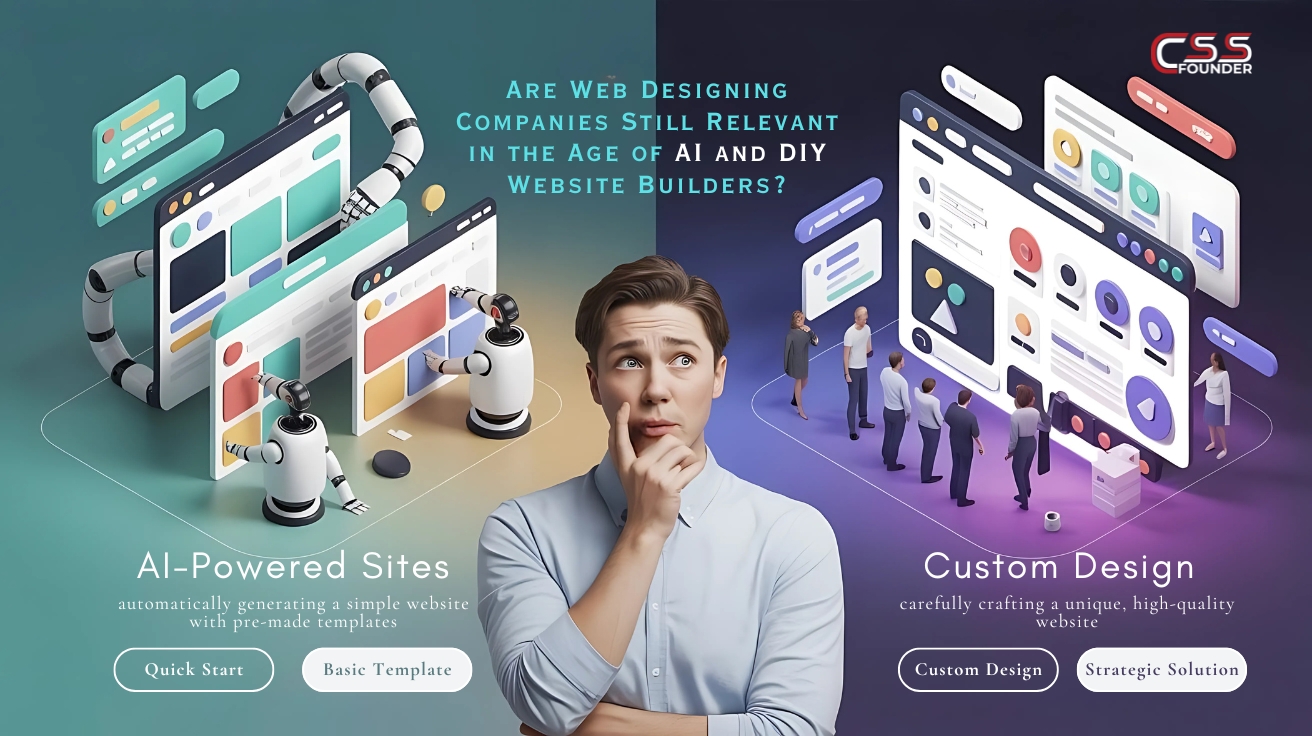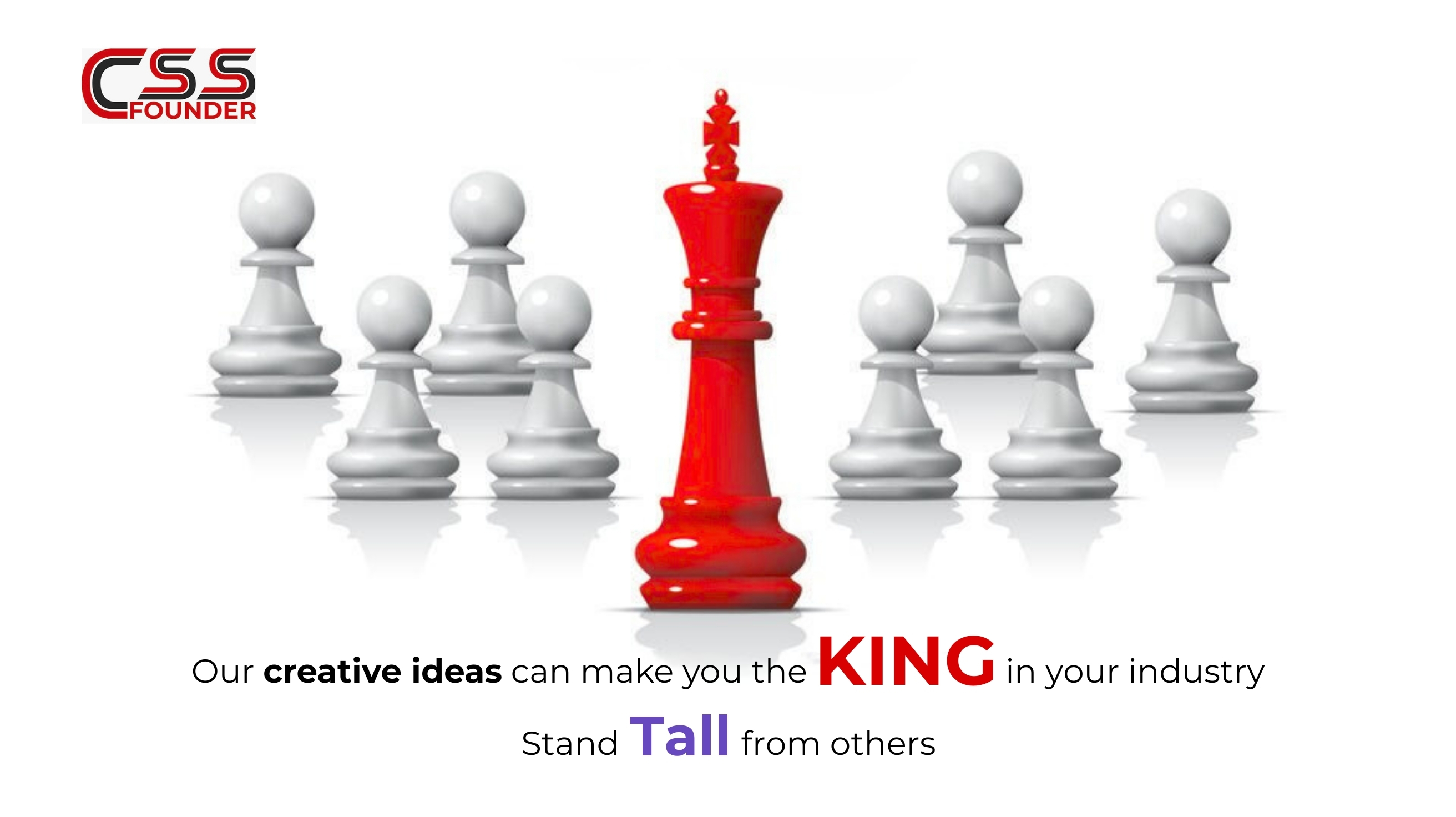In the ever-changing digital world of technology, the integration of artificial intelligence (AI) into web design processes is revolutionizing the way websites are conceived, developed, and experienced. From enhancing user experiences to streamlining design workflows, AI is proving to be a game-changer, pushing the boundaries of what’s possible in the world of web design. In this blog , we shall discuss about how AI revolutionizing web design and impact on user experience.
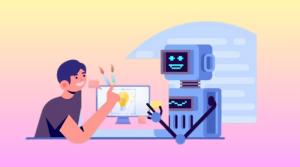
AI-Driven Design Optimization
One of the most significant impacts of AI in web design lies in its ability to optimize user experiences. By leveraging machine learning algorithms and data analysis, AI can identify patterns in user behavior, preferences, and interactions. This valuable insight enables web designers to create interfaces that are tailored to the specific needs and expectations of their target audience.
For instance, AI-powered tools can analyze user journeys, heatmaps, and click patterns, providing designers with actionable data to refine navigation structures, content hierarchy, and visual layouts. This data-driven approach ensures that websites are intuitive, engaging, and responsive, ultimately enhancing user satisfaction and conversion rates.
Automated Design Generation
AI is also transforming the way web designers approach the creative process. With the advent of generative design algorithms, AI can now assist in generating visual elements, layouts, and even entire website mockups. These AI-powered tools leverage machine learning techniques to analyze design trends, color palettes, typography styles, and other visual elements, producing a vast array of design options tailored to specific project requirements.
This automated design generation not only saves time and effort but also opens up new avenues for creativity and exploration. Designers can quickly iterate through multiple design concepts, experimenting with different styles and aesthetics, while ensuring adherence to branding guidelines and best practices.
Personalized Experiences with AI
AI is also enabling web designers to create highly personalized experiences for users. By leveraging machine learning algorithms and user data, websites can dynamically adapt their content, layout, and functionality to match individual preferences and behaviors.
For example, an e-commerce website could use AI to analyze a user’s browsing history, purchase patterns, and demographic data to recommend products or tailor the website’s layout and navigation accordingly. Due to considerable increase in personalization engagement and conversion ratio is much likely to boost
Intelligent Content Creation and Optimization
AI is revolutionizing the way content is created and optimized for the web. Natural Language Processing (NLP) and Natural Language Generation (NLG) technologies enable AI systems to analyze and generate human-readable text, making it possible to automatically create website copy, blog posts, product descriptions, and even entire pages.
Additionally, AI-powered tools can analyze existing content, suggesting improvements for readability, search engine optimization (SEO), and overall effectiveness. This not only saves time and effort for content creators but also ensures that website content is engaging, relevant, and optimized for search engines.
Accessibility and Inclusive Design with AI
Accessibility and inclusive design have become paramount in web development, ensuring that websites are usable and enjoyable for individuals with diverse abilities and needs. AI is playing a crucial role in this area by automating accessibility testing, identifying potential barriers, and suggesting improvements.
AI-powered tools can analyze websites for compliance with accessibility standards, such as Web Content Accessibility Guidelines (WCAG), and provide recommendations for enhancing contrast ratios, implementing proper alt text for images, and optimizing content structure for screen readers and assistive technologies.
The Future of Web Design with AI
As AI continues to evolve, its impact on web design will only become more profound. Advancements in areas such as computer vision, natural language processing, and generative adversarial networks (GANs) will unlock new possibilities for creating immersive and interactive web experiences and also boosts user experience.
For instance, AI-powered virtual assistants could guide users through complex website interfaces, providing personalized support and recommendations. Additionally, AI-generated 3D models and animations could revolutionize the way products and services are presented online, offering users a highly engaging and realistic experience.
However, as AI becomes more integrated into web design processes, it is crucial to address ethical considerations, such as privacy, bias, and transparency. Web designers and developers must ensure that AI systems are trained on diverse and unbiased data sets, and that their decision-making processes are transparent and accountable.
Conclusion
The impact of AI in web design is profound, transforming the way websites are conceived, developed, and experienced. From optimizing user experiences to automating design processes and enhancing accessibility, AI is revolutionizing the digital landscape. As this technology continues to advance, web designers and developers must embrace its potential while navigating its challenges and ethical considerations. By doing so, they can unlock new realms of creativity, efficiency, and user satisfaction, driving the evolution of the web into an ever-more engaging and inclusive space.


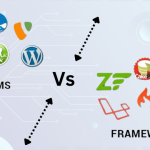

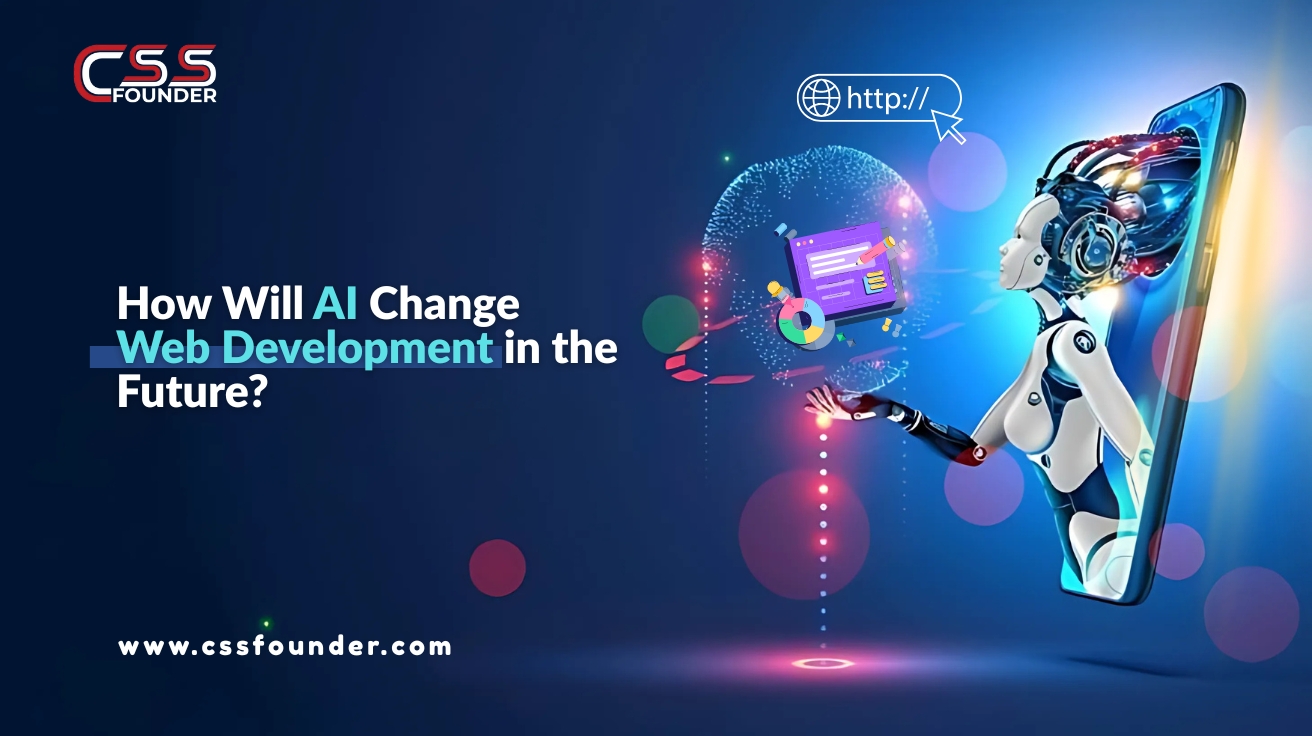
.png)
